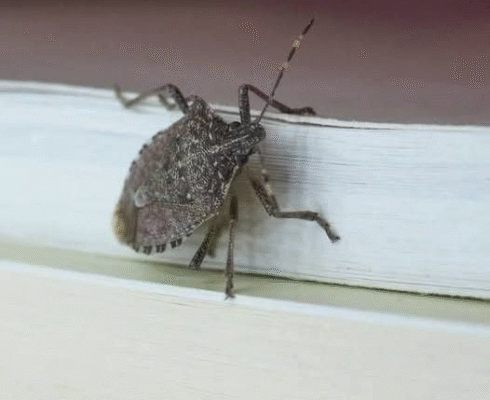Chagas Disease: The Silent Killer You’ve Likely Never Heard Of
When Elvira Rodríguez was expecting her first child, she received shocking news: she had Chagas disease. Fearing for her baby’s health, she immediately began treatment. Fortunately, her daughter was born healthy and tested negative.
In Mexico, another mother, Elvira Idalia Hernández Cuevas, discovered the disease under very different circumstances—when her 18-year-old son tested positive after donating blood. Until then, she’d never heard of Chagas. Like many, she struggled to find doctors who could properly diagnose or treat it.
What Is Chagas Disease?

Chagas disease is caused by a parasite transmitted through the bite and feces of “kissing bugs.” It affects around 8 million people in Latin America and an estimated 6–7 million worldwide. Though concentrated in Latin America, cases have also surfaced in North America, Europe, and Australia.
Often symptomless for years, it’s earned the nickname “the silent killer.” Without treatment, it can lead to severe heart and digestive problems and causes roughly 12,000 deaths annually.
A Hidden Danger in the U.S.
Kissing bugs exist in the U.S., and while Chagas isn’t yet widespread, it can still be transmitted through:
- Blood transfusions
- Organ transplants
- Congenital transmission (mother to child)
Why Early Detection Is Crucial
Chagas treatments—benznidazole and nifurtimox—are most effective in children. Adults often face harsh side effects, as Rodríguez did during her own treatment. She now gets annual checkups to monitor her condition.
Inspired by her family’s ordeal, Hernández became an advocate. She founded FINDECHAGAS, an organization dedicated to awareness, better treatment, and support for those living with the disease.
Don’t Ignore the Warning Signs
If you see kissing bugs in your home, take it seriously. They may appear harmless, but they can carry a parasite with deadly consequences. Early diagnosis and medical care can save lives.
Sadly, many healthcare providers—especially in endemic regions—lack the training to recognize or treat Chagas. The World Health Organization classifies it as a neglected tropical disease, emphasizing the urgent need for better awareness, education, and funding.
How You Can Help
- Get informed: Learn to identify kissing bugs and recognize Chagas symptoms.
- Act quickly: If you suspect exposure, seek medical attention right away.
- Support advocacy: Groups like FINDECHAGAS are pushing for better care—consider lending your support.
- Share the message: Stories like Rodríguez’s and Hernández’s help shine a light on this overlooked threat.
Chagas disease may be silent, but our response doesn’t have to be.


